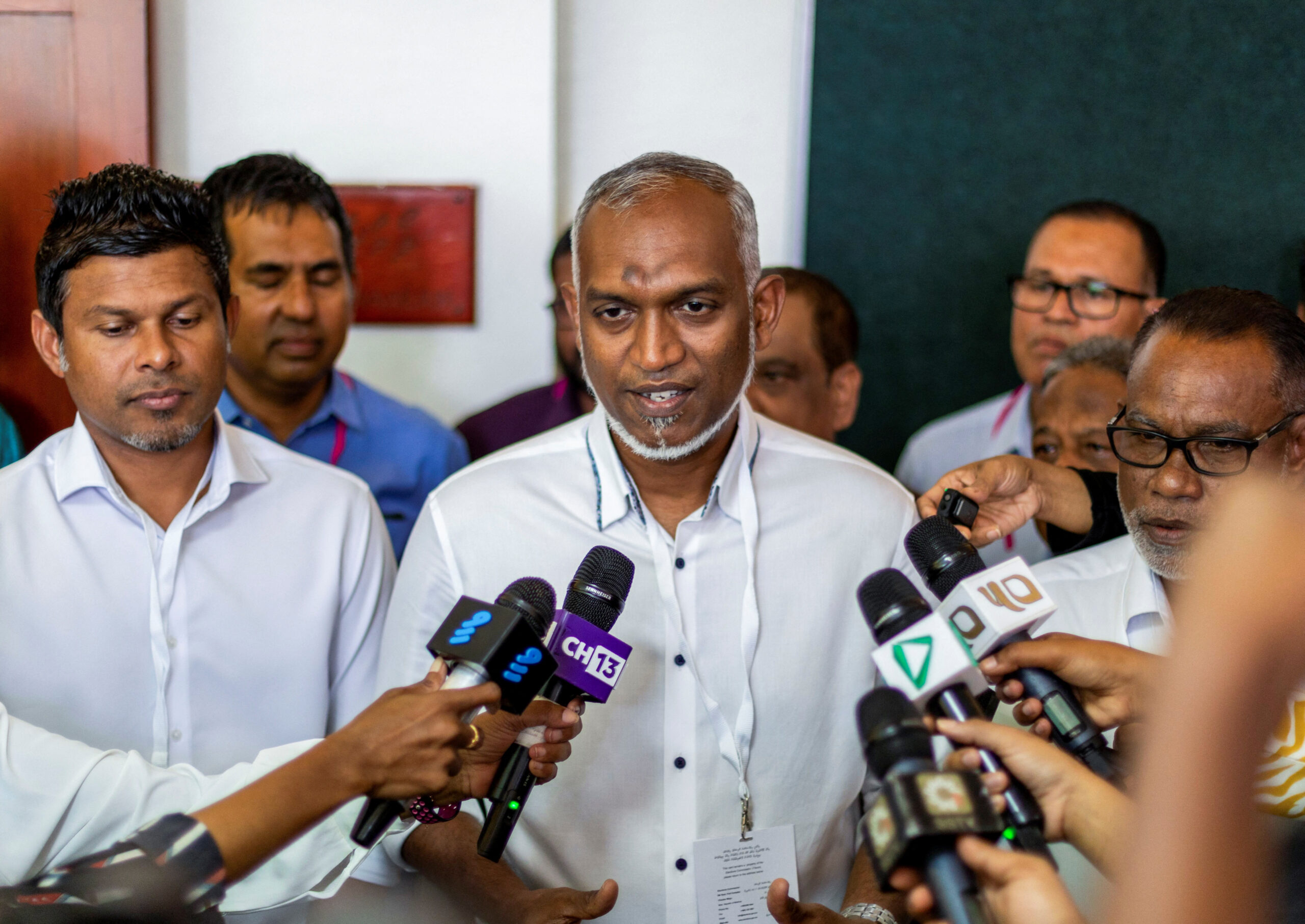Is there a secret to longevity? This health expert says 1,000% yes
In the era of social media, post-COVID, and with mental health at the forefront, a shift is taking […]

When Mohamed Muizzu, the new president of the Maldives, embarked on his inaugural overseas visit in late November, he broke a longstanding tradition in his country’s diplomatic protocol. Unlike previous Maldivian presidents who, irrespective of political affiliations, typically made India their first destination after election, Muizzu chose to make Ankara, the capital of Turkey, his first official destination. This decision underscored his commitment to diversifying and reshaping the foreign policy of his nation.
Muizzu’s objective, according to analysts, is to establish new alliances at a time when he has clearly expressed his intention to distance the country from India. This move is a significant shift in the Maldives’ foreign relations, moving away from the traditional perception of India as an essential ally and strategic partner in the Indian Ocean region and South Asia.
Shortly after assuming office, Muizzu reinforced a campaign demand for India to withdraw its troops from the Maldives. During the election campaign, his Progressive Party of Maldives (PPM) asserted that India had plans to utilize the military base it was constructing on the island of Uthuruthilafalhu near Male to assert control over the country. This “India out” campaign, which has gained traction in recent years, portrays New Delhi as a hegemonic force seeking to undermine the Maldives’ autonomy. India has refuted these claims, emphasizing its modest troop presence of 77 soldiers, including those operating two Dhruv helicopters and Dornier aircraft supplied for medical assistance on remote islands.
Sources from the Maldivian opposition suggest that Muizzu likely understands that Indian troops do not pose a real threat to the country’s sovereignty. Instead, they assert that he tapped into nationalist sentiments within the nation for political and electoral gains. In contrast to his predecessor Ibrahim Solih, who was perceived as particularly close to India, Muizzu is viewed by many as having stronger ties with China. As the former mayor of Male, he oversaw key infrastructure projects funded by Beijing and pledged closer relations with the Chinese Communist Party if elected president.
However, choosing China as his initial foreign destination risked straining relations with India, the Maldives’ closest neighbour and principal aid partner. Analysts suggest that Muizzu’s decision to visit Turkey sends a more nuanced message to India. While India perceives China as a national security threat, its formal relations with Turkey are relatively stable, though marked by increased tensions.
Turkey has criticized Indian Prime Minister Narendra Modi’s decision to revoke the semi-autonomous status of Indian-administered Kashmir and has raised concerns about human rights violations in the region at the United Nations. Muizzu’s visit to Turkey, against this backdrop, presents a diplomatic challenge for India.
Muizzu’s visit to Turkey is a deliberate stance in the context of India-Turkey tensions, conveying a pointed message to New Delhi. But Ankara aims to safeguard its own interests and is not seeking to escalate tensions between India and the Maldives. Under President Recep Tayyip Erdogan, Turkey has sought to expand its geopolitical influence, playing a crucial role in various global negotiations, including the Russia-Ukraine war. South Asia has been no exception, with Turkey hosting leaders from Bangladesh, resuming direct flights to Sri Lanka, and engaging with countries like the Maldives and Sri Lanka. During Muizzu’s visit to Ankara, a free trade agreement was signed, and both countries committed to strengthening defence ties, considering Turkey’s advanced defence industry.
While Turkey and the Maldives share common ground on geopolitical challenges, such as criticizing Israel’s actions in Gaza, Muizzu’s visit to Turkey is seen by analysts as more about distancing Male from New Delhi. Before being sworn in, Muizzu visited the United Arab Emirates, and later, Maldives Vice President Hussain Muhammad Latheef visited China. For India, this growing rift with the Maldives is a cause for concern, given that a significant portion of its external trade and energy imports relies on Indian Ocean sea lanes.

In the era of social media, post-COVID, and with mental health at the forefront, a shift is taking […]

With its fast speeds and revolutionary potential, 5G stands out as a noteworthy milestone in the field of […]